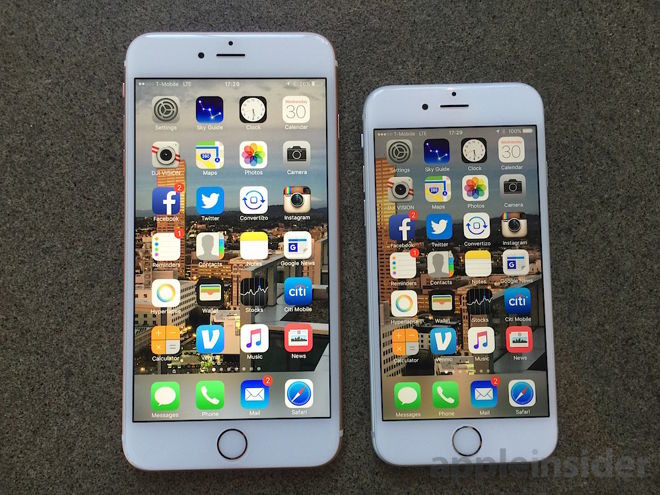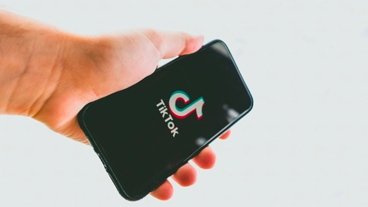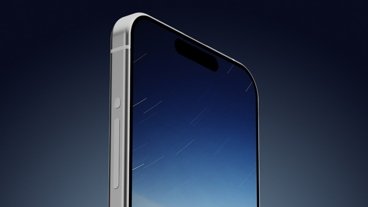It appears that some iPhone 6 or iPhone 6s family devices may see slower processing speeds as a result of a battery that has reached the end of its operational life, with some users getting a speed-up upon replacement — but the slow-down and consequent speed-up isn't universal, and there may be other factors at work.
A lengthy Reddit thread was started on Dec. 10, with several satellite threads spun off over the weekend. All of the threads had users claiming higher benchmark results after a battery replacement. While there is no universal improvement in benchmarks after a replacement, some additional users did confirm that their devices felt faster after a replacement.
Confusing the issue somewhat, some users with replacements at a Genius Bar saw no improvements. Additionally, users with third-party batteries sourced from unknown vendors also saw no improvements.
At present, the theory is that the iOS 10.2.1 update issued in part to rectify iPhone 6 shutdown issues with a low-power battery condition implemented some kind of down-clocking routine to slow the processor in afflicted devices. The thread speculates that the same routines to prevent the premature shutdown exist in iOS 11, and are what is causing the less-than-expected results in benchmarks.
Users theorize that Apple addressed random shutdown issues by down-clocking the processor in afflicted devices.
The down-clocking of the processor in the iPhone 6 and iPhone 6s family devices reportedly extends to even when the iPhone is plugged in. If universally accurate, this is not dissimilar to how some iBook models after the Intel migration would run slower when running on the AC adapter without an installed and at least partially functional battery.
AppleInsider attempted to get clarification on the situation from sources within Apple. Apple service guidance information provided to us by sources not authorized to speak on behalf of the company do not have a replace battery step as a rectification step for user-reported slow iPhones.
We were unable to get any information explicitly confirming or denying the theories postulated in the Reddit thread. We were told that customers should get their batteries replaced at Apple-authorized service centers, as that is the only way that it can be guaranteed that a battery meeting all of the company's specifications can be met.
It is not clear if other families of iPhones are impacted by the same effect.
As a side-effect of the thread, and consequent reporting of it, the conspiracy theory suggesting that Apple intentionally slows down older iPhones to force purchasing a new device has risen again. While it has been conclusively proven that older iPhone hardware with an adequately functioning battery is no slower than it was at launch, any routine to down-clock an iPhone processor in an environment where the battery is weak can be dealt with by a battery replacement — without mandating a new iPhone purchase.
A battery replacement through Apple costs $79. A new iPhone SE on the low-end costs $349, with the iPhone X on the high end retailing for $999 and up.
Should AppleInsider get any more information from our sources within Apple regarding the possibility of a processor throttle with a chemically depleted battery, we will update accordingly.
 Mike Wuerthele
Mike Wuerthele







-m.jpg)






 Chip Loder
Chip Loder
 Wesley Hilliard
Wesley Hilliard
 Marko Zivkovic
Marko Zivkovic

 Christine McKee
Christine McKee
 Amber Neely
Amber Neely

 Malcolm Owen
Malcolm Owen







39 Comments
I have a 6+ and experienced the "random shut down issue": The phone would have a 30% charge but as soon as I started a video it would drop to less than 10% and then shut down. It would reboot on a charger. I had the battery replaced with a third party battery and the phone seemed to work just fine after that.
Or, rather it did until OS 11.0 where both the battery drained very quickly and the keyboard had a significant lag. Also, loading a spreadsheet in Numbers was noticeably slower. Things have gradually improved since then and now the phone is running 11.2 and things are mostly back to where they were -- but not quite. It still, occasionally seems to run a bit slower loading spreadsheets and apps.
But, it no longer seems like I need to purchase a new phone. It is slower than it was, but its not terribly so. I suspect that it is just an older phone trying to deal with a newer OS with (I would imagine) increased memory & processor demands...
I've had an issue with my 6 since the 8 was released where it would shut down OR it will go from a lot of battery to almost none in the span of a few minutes. Over the weekend I went from 30% to 7% during one quarter of football while my phone sat unused on the couch beside me. I picked it up after about 20 minutes to check my fantasy stats and when I unlocked it I got "20% remaining" and then "10% remaining".
But I have an aftermarket screen and battery, so I'm on my own and no fault of Apple.
So Apple knew they had a very large number of defective batteries, so instead of replacing them (that would actually cost them MONEY) they just updated iOS to downclock the CPU to avoid low-voltage shutdowns. Just brilliant, huh?
“
The problem is that since Apple have done nothing to explain or even reveal this behaviour, the average customer has absolutely no reason to believe any performance issues are battery related and are far more likely to believe they need a new phone rather than a battery replacement. So this resurgence of what you call a “conspiracy theory” is actually pretty justified.
In actual fact this phenomenon flat out proves that, in practice, older iPhone hardware really is deliberately underclocked and slowed down by software. So actually those conspiracy theorists weren’t imagining it - they were onto something.